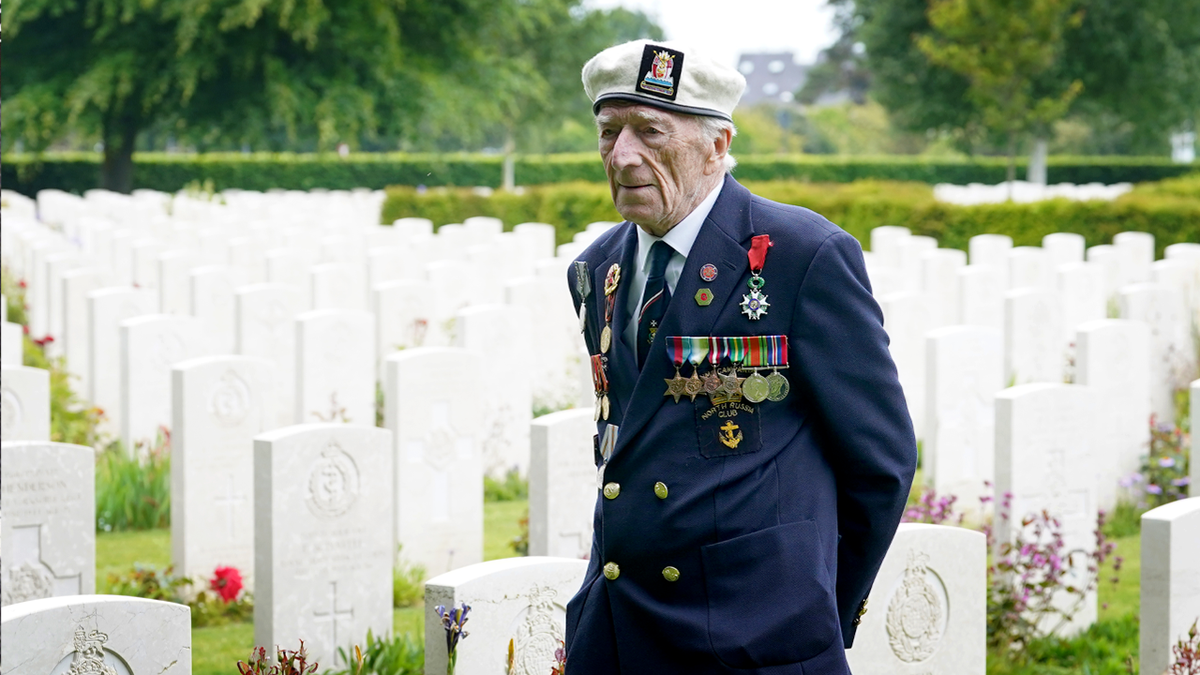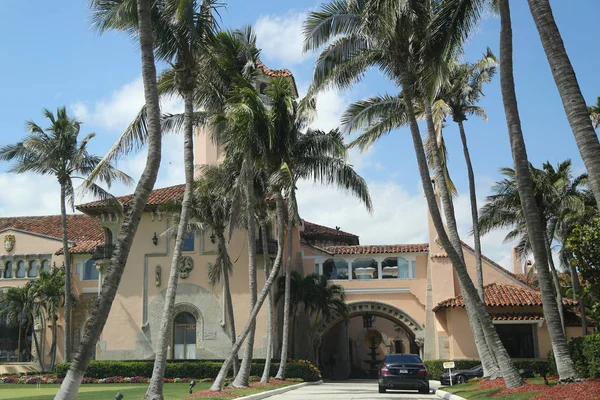Why Is This Second World War Vet Crying?
Propaganda about “freedom” proves to be thin gruel.

In the lead-up to Britain’s Remembrance Day on November 11, a 100-year-old British veteran of the Second World War, Alec Penstone, provoked significant discussion after he told the popular news program Good Morning Britain that the sacrifice of his comrades-in-arms “wasn’t worth the result.” While the controversy itself was somewhat predictable due to Britain’s public cult surrounding its participation in the Second World War, Penstone’s comments are not out of the ordinary for British veterans of the conflict.
A point that has yet to be raised is the juxtaposition of the views of British veterans of the Second World War with Russian veterans of the conflict. Penstone’s attitudes towards the sacrifices made in the conflict would be alien to Russian public discourse.
Why is this so? If anything, one would expect the opposite; the British government of the time was infinitely preferable to that of the Soviet Union. The fact of the matter is that the average soldier of the Red Army did not fight for the ideological abstractions of the Soviet state, but for the survival of his homeland, people, and nation. He fought because an invader was at his doorstep, not because of the Politburo’s belief in dialectical materialism or the dictatorship of the proletariat.
Indeed, the Russian name for the hostilities between the USSR and Germany, the “Great Patriotic War,” captures this view. It is a reference to France’s invasion of Russia, which is known as the “Patriotic War of 1812.” In 1941, much as in 1812, the Russians sought to defend themselves from a Western invader at the head of a multinational coalition whose stated goal was to destroy Russia as a world power.
The historical performance of the Red Army points to this view being widespread amongst its soldiers. As noted by Sean McMeekin, even in 1941, in the earliest stages of the Great Patriotic War, when the Soviets faced setback after setback, the Germans noted that the soldiers of the Red Army fought stubbornly. This contrasted with the Red Army’s reputation from the previous year in the war against Finland, when morale difficulties contributed to a disastrous performance by the Red Army; hatred of the Politruks engendered an ambivalence towards the Finns.
The difference between these performances suggests that the average soldier of the Red Army in the Great Patriotic War saw himself as defending his country and was willing to fight for it with a courage that he was unwilling to display in the earlier conflict, where he saw himself as serving the Soviet state specifically. Many Russian veterans, including some of the few who are still alive today, will candidly recount the injustices of the Soviet system while recounting their experiences in the Great Patriotic War. This was also recognized by many of those most opposed to the Soviet state, such as Anton Denikin, one of the earlier leaders of the White Army, who from his exile offered to donate a wagonload of medicine to the Red Army.
Indeed, the Soviet state itself recognized that this patriotism, rather than a love of communism, was the motivation for the sacrifices of those in its armed forces. During the conflict the Soviet state relegalized Orthodox Christianity and began promoting the Russian national patriotism that it had sought to eradicate over the preceding two decades. Russian heroes such as Dmitry Donskoi or Alexander Suvorov were returned to public commemoration, and the government brought back patriotic symbols such as St. George’s ribbon.
The Soviet state also used the war as an occasion to shift the basis of its legitimacy from the false promises of the 1917 Revolution to its ability to defend its people from a foreign invader successfully. The state anthem was changed from one extolling world revolution to one extolling the glory of their free fatherland and marking its victory over the invader.
The patriotism that guided millions of Russians has only increased since the fall of the Soviet Union. Since the fall of communism and the reemergence of Russia as a world power rather than as a nation submerged under an ideological state, Russian historical memory has increasingly detached the sacrifices of the Great Patriotic War from Soviet ideology and fused it to a broader understanding of Russian nationhood. To cite the most controversial example of this, Russia’s new armed forces cathedral fuses traditional Orthodox imagery with the full sweep of Russian history, with mosaics honoring both the Russian Imperial Army in its various campaigns and the actions of the Red Army during the Second World War.
Indeed, the understanding of the Great Patriotic War seems to transcend the normal political divisions within Russia. Russians of various political views, including some who left the country over opposition to the 2022 invasion of Ukraine, will echo the same view of the Second World War as pro-government outlets.
So why might British veterans regret their sacrifices, unlike the Russians? The answer is hinted at in Penstone’s answer. “What we fought for was our freedom…. Even now, it is downright worse than when I fought for it,” Penstone said. Freedom, while good, is at its core abstract and subject to contradictory definitions. While Penstone may feel that his honorable service is betrayed as Britain has become increasingly authoritarian, others may feel that Britain has become freer by banning hate speech and importing large numbers of migrants.
Abstractions are thin and changeable motivations—something our political leadership might remember when they tell the average American soldier, sailor, marine, or airman that we are about to “Make Iran Great Again” or to bring gay rights to Venezuela.
The post Why Is This Second World War Vet Crying? appeared first on The American Conservative.

